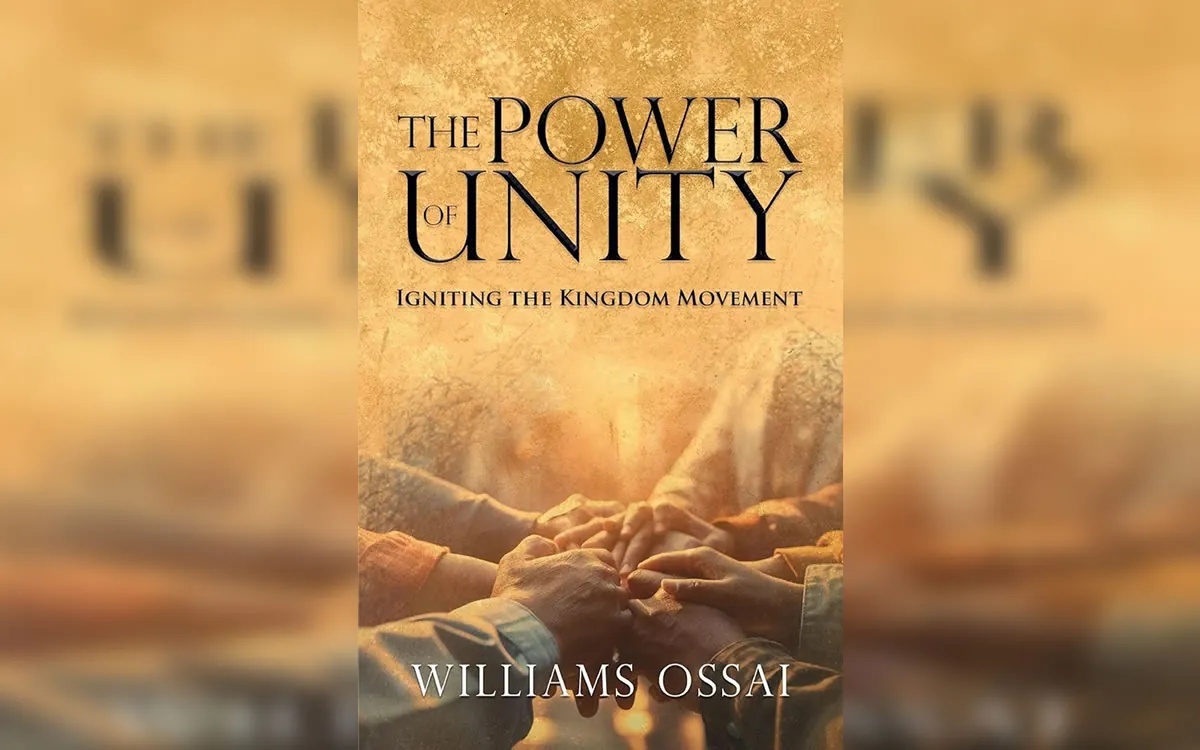

The Power of Unity presents a heartfelt and ambitious narrative centered on the enduring strength found in community and cooperation. Through a mix of allegory, historical references, and personal tone, the piece attempts to ignite a collective sense of responsibility and togetherness in a world fractured by individualism and division.
The book opens with the sobering tale of Cain and Abel, a tragic example of how envy, pride, and broken fellowship can destroy even the closest of relationships. The author uses this biblical account to reflect on how quickly unity can dissolve when spiritual alignment is lost. The analysis is both raw and redemptive, reminding readers that reconciliation and peace begin in the heart.
The second part of the chapter moves seamlessly into a discussion on the disruption of fellowship between God and man, beginning with Adam and Eve. It is made clear that disunity is not a random occurrence but a deliberate strategy of the enemy. The insight that the devil doesn’t only target individuals but entire generations is striking. There is a heartfelt appeal for fathersand by extension, familiesto restore and maintain a steadfast relationship with God, which is positioned as the foundation of lasting unity.


The chapter ends by exploring the bond of spiritual brotherhood through the example of the twelve apostles. Despite their differences, these men were unified by their mission and calling, something the author encourages today’s believers to reflect upon in their churches and communities.
Chapter two explores the intentionality required to live in peace. Using the familial tensions between Jacob and Esau, the author points to the dangers of favoritism, miscommunication, and unresolved rivalry. There is a clear warning here: where unity is not intentionally cultivated, division festers.
The discussion on discipleship is especially poignant. Many modern ministries, the author argues, lack the spiritual depth and unity that characterized Jesus’ relationship with His disciples. The solution? Knowledge, empathy, and the application of God’s perfect plan. This chapter reads like a wake-up call to ministries, reminding them that unity isn’t accidental, it’s cultivated through love, understanding, and humility.
Chapter three turns the spotlight on the role of parents. Using Adam and Eve as a case study, the author shows how failure in spiritual leadership at the family level can spiral into generational conflict. The tragedy of Cain and Abel is revisited, not just as a sibling rivalry gone wrong, but as the outcome of a spiritual breakdown in the home. The call to action here is powerful: unity begins in the home, and it is the responsibility of parents to model and foster it.
Throughout the book, there is a consistent tone of hope. While the examples used are often sobering, the message is never one of condemnation. Rather, the author extends an invitation to every readers, to become a bridge, a peacemaker, and a vessel of unity in their homes, churches, and communities.
One of the most commendable aspects of the write-up is its sincere and passionate voice. The author clearly believes in the core message: that unity, when embraced collectively, can transform societies. The writer also does a good job connecting past lessons to modern challenges. By invoking ancestral wisdom and emphasizing how past generations survived through solidarity, the piece draws a compelling link between cultural heritage and contemporary struggles.
Despite its noble intentions, the writing occasionally leans too heavily on repetition and broad generalizations. While the message is valuable, the delivery sometimes feels overly didactic, more like a motivational speech than a structured essay or narrative. This can make it harder for readers to stay engaged, especially those looking for deeper analysis.
The structure could also benefit from more clarity. Paragraphs often drift between abstract ideals and practical statements without clear transitions, which can muddy the argument’s focus.
The Power of Unity is an earnest and impassioned appeal for collective strength and empathy in a divided world. While the message is timely and important, the execution could be more grounded and nuanced to reach a broader audience. A bit more specificity, tighter structure, and varied tone would elevate this piece from a powerful speechlike essay to a truly persuasive work of writing.
“Even if the rain is light, more flooding can occur in those areas,” Acting Governor…
The Executive Secretary of the National Human Rights Commission (NHRC) of Nigeria, Dr. Tony Ojukwu,…
The people of Anioma in Delta State have commended President Bola Ahmed Tinubu and the…
The Osun State Muslim Community has appealed to the state governor, Senator Nurudeen Adeleke, to…
Federal Capital Territory (FCT) Minister, Barr. Nyesom Wike, has dismissed as false the claim by…
"Since in the last ten days, no fewer than 100 have decamped to ADC from..."
This website uses cookies.